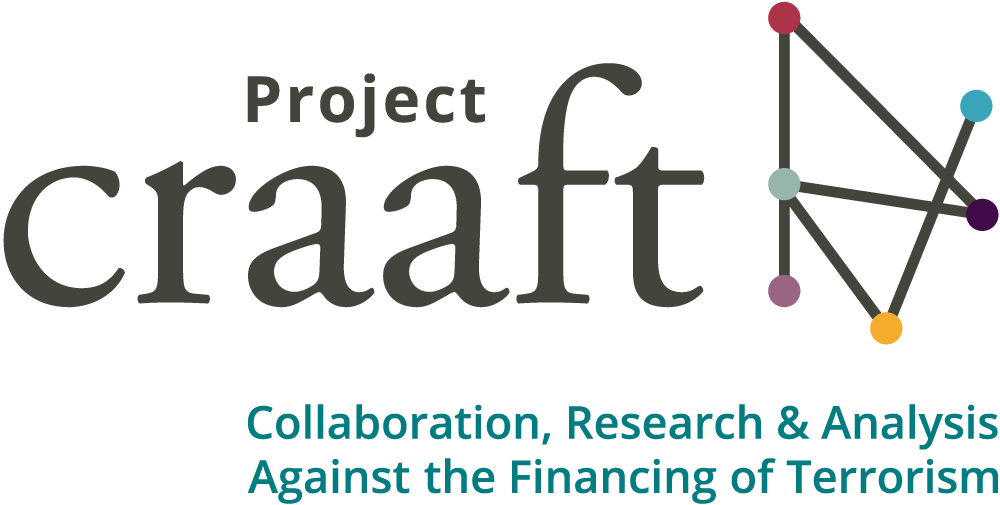Managing Terrorist Financing Risk in the Romanian NPO Sector
From 14–15 June 2022, Project CRAAFT convened a workshop for Romanian stakeholders on protecting the Romanian non-profit organisation (NPO) sector from abuse for terrorism financing (TF). Our expert trainers delivered presentations on the international standards set out by the Financial Action Task Force (FATF), tailored to the particular context of Romania’s NPO sector and its TF risks. This workshop was also successful in bringing together representatives of the country’s public sector, financial institutions and NPOs to provide them a platform to interact and engage in dialogue to exchange views, needs and concerns. Recognising Romania’s ongoing mutual evaluation by MONEYVAL, with an on-site visit scheduled for September 2022, this workshop constituted a response to the Romanian FIU’s request to improve the understanding of TF risks and responsibilities in relation to NPOs across the three sectors.
Some key learnings from the workshop include:
In their assessment of Romania’s current compliance with FATF Recommendation 8 on TF and NPOs, the workshop facilitators noted that Romanian authorities are doing well in many areas such as information-sharing across sectors even if on an informal basis. More could be done to identify the specific characteristics of NPOs that are at-risk of being abused for TF to, among other things, ensure mitigating measures are appropriate and in-line with the risk-based approach.
Typically, some of the most effective mitigating measures implemented by NPOs are TF-relevant, but not TF-specific. Good internal governance of NPOs, including strong financial and risk management, while intended to prevent fraud or theft, are forms of self-regulation that also contribute greatly to preventing an NPO from being exploited for TF.
Collaboration and communication between NPOs and their financial institutions is crucial and should be sustained throughout the relationship to avoid circumstances where a financial institution may be compelled to de-risk an NPO client. De-risking was understood as a heavy-handed solution to the problem, and often signals insufficient trust and confidence between the financial institution and its NPO client.
Some key insights from the participants include:
Participants from the Romanian financial sector acknowledged that demanding substantial fees from NPOs can often lead these organisations to move towards informal financial systems to avoid excessive costs, creating a greater TF risk.
Representatives from the NPO sector expressed their concern for the heavy administrative burdens stemming from the obligation to mitigate TF risks. NPOs are often required to identify beneficiaries, a matter of great difficulty in delivering support to vulnerable communities like refugees. Greater controls imposed on NPOs considered to be high-risk should be followed by greater support from the public sector.
Participants from all three sectors expressed their need and interest in engaging in greater cross-sector collaboration to learn the threat landscape in Romania and understand the risks, in order to design a proper response that integrates inputs from all stakeholders.
Trainers for this workshop included:
Gonzalo Saiz, RUSI Europe
Stephen Reimer, RUSI Europe
Tom Keatinge, RUSI

